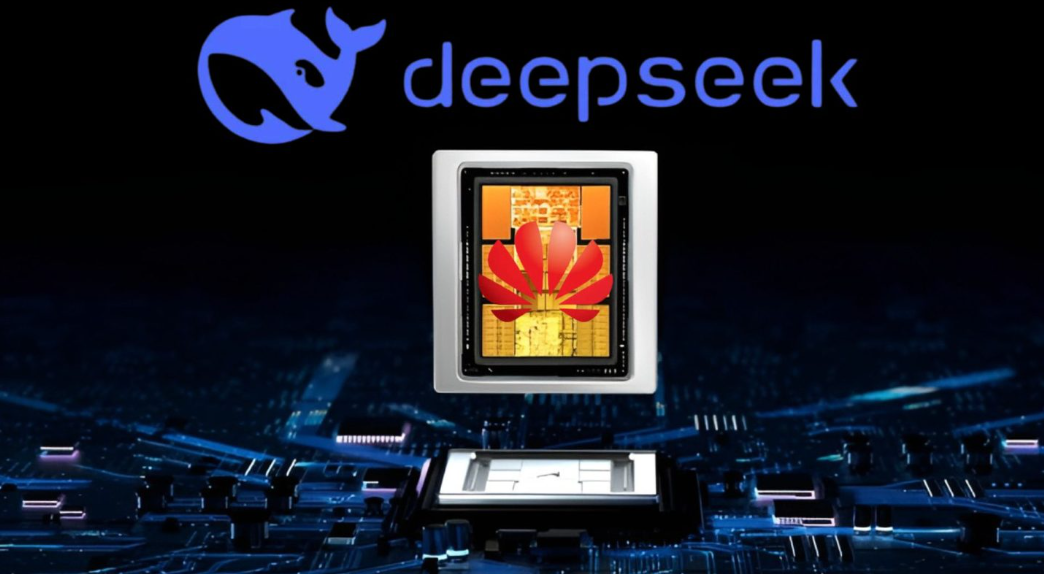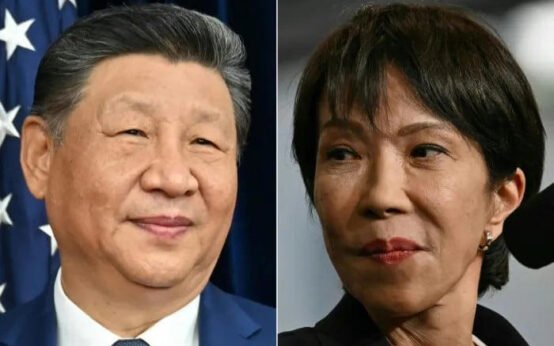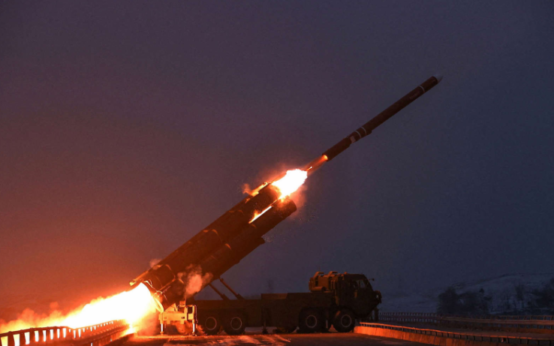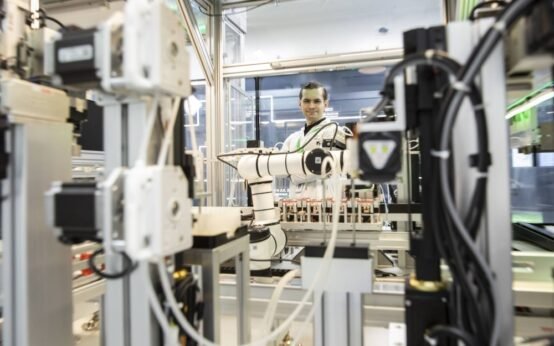DeepSeek, a young Chinese startup, has quickly become a name to watch in the world of artificial intelligence. The company started in 2023 and has developed advanced large language models despite facing restrictions on access to high-end U.S. chips. Instead of slowing down, DeepSeek focused on improving software efficiency, reducing energy use, and creating models that can run on less powerful hardware. This approach has allowed them to compete with global tech leaders while keeping costs much lower.
Huawei’s Push to Build Reliable Domestic Chips
Huawei, already known as one of China’s biggest technology companies, plays a central role in reducing the country’s dependence on foreign technology. After facing U.S. sanctions, Huawei invested heavily in designing its own line of AI chips.

The company’s Ascend chips are now seen as key to supporting domestic AI models. Consequently, by building a local supply of chips, Huawei not only strengthens national technological independence but also ensures that Chinese companies like DeepSeek can continue developing new technologies without having to rely on restricted imports.
China’s leadership views self-reliance in advanced technology as a matter of national security and economic independence. DeepSeek’s ability to build powerful AI models at a fraction of the usual cost shows how domestic innovation can overcome international restrictions.
Challenges in Competing With Global Leaders
Even with these successes, challenges remain. Domestic chips often do not match the performance of leading American products, especially in speed and energy efficiency. DeepSeek’s models are impressive, but experts say they still face hurdles in scaling up to the same global level as companies like Nvidia or OpenAI. Sustained commitment to these areas is essential not only for technological competitiveness but also for reducing reliance on foreign supply chains.

Beyond Huawei and DeepSeek, many other Chinese companies are contributing to this shift. Local chip makers, cloud service providers, and AI startups are joining forces to strengthen the country’s technology ecosystem. By creating standards that favor domestic hardware and encouraging companies to use locally made chips, China is building an environment where homegrown solutions can thrive.
Future of Deep seek in Self-Reliance
The partnership between Huawei and DeepSeek shows how innovation and resilience can turn restrictions into opportunities. As both companies grow, they are likely to play an even bigger role in shaping China’s artificial intelligence and semiconductor industries.
As DeepSeek and Huawei push forward, other domestic players chip makers like Cambricon, cloud service providers, and infrastructure companies are joining the trend. Huawei, Moore Threads, Hygon among others are supporting DeepSeek’s models on local hardware, which signals a strengthening ecosystem. While challenges still exist, the progress made so far signals a clear path toward greater independence in technology and reduced reliance on U.S. chips.


 China Bans Dual-Use Exports Including Rare Earths to Japan Over Taiwan Remarks
China Bans Dual-Use Exports Including Rare Earths to Japan Over Taiwan Remarks  China’s DeepSeek Upgrades Chatbot with Advanced ‘Interleaved Thinking’ Feature Amid Next Model Buzz
China’s DeepSeek Upgrades Chatbot with Advanced ‘Interleaved Thinking’ Feature Amid Next Model Buzz  North Korea Fires Ballistic Missiles Hours Before South Korean President’s China Visit
North Korea Fires Ballistic Missiles Hours Before South Korean President’s China Visit  MindRank Advances China’s First AI-Assisted Drug to Phase 3 Trials, Slashes R&D Costs by 60%
MindRank Advances China’s First AI-Assisted Drug to Phase 3 Trials, Slashes R&D Costs by 60%  China Enforces 50% Domestic Equipment Rule for Semiconductor Expansion
China Enforces 50% Domestic Equipment Rule for Semiconductor Expansion  Chinese Firms Anchor in Dubai Free Zones to Navigate Trade Barriers and Expand Reach
Chinese Firms Anchor in Dubai Free Zones to Navigate Trade Barriers and Expand Reach